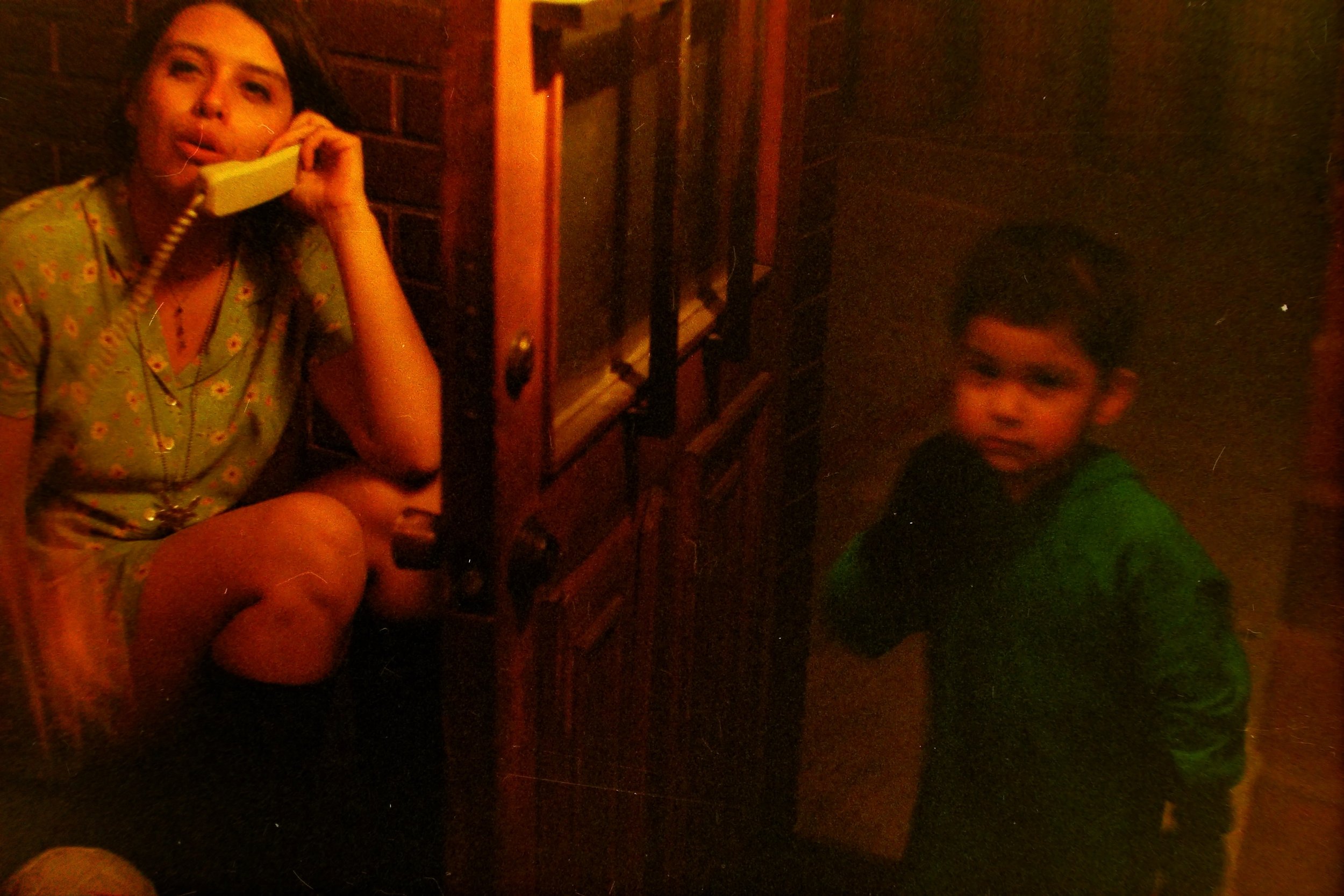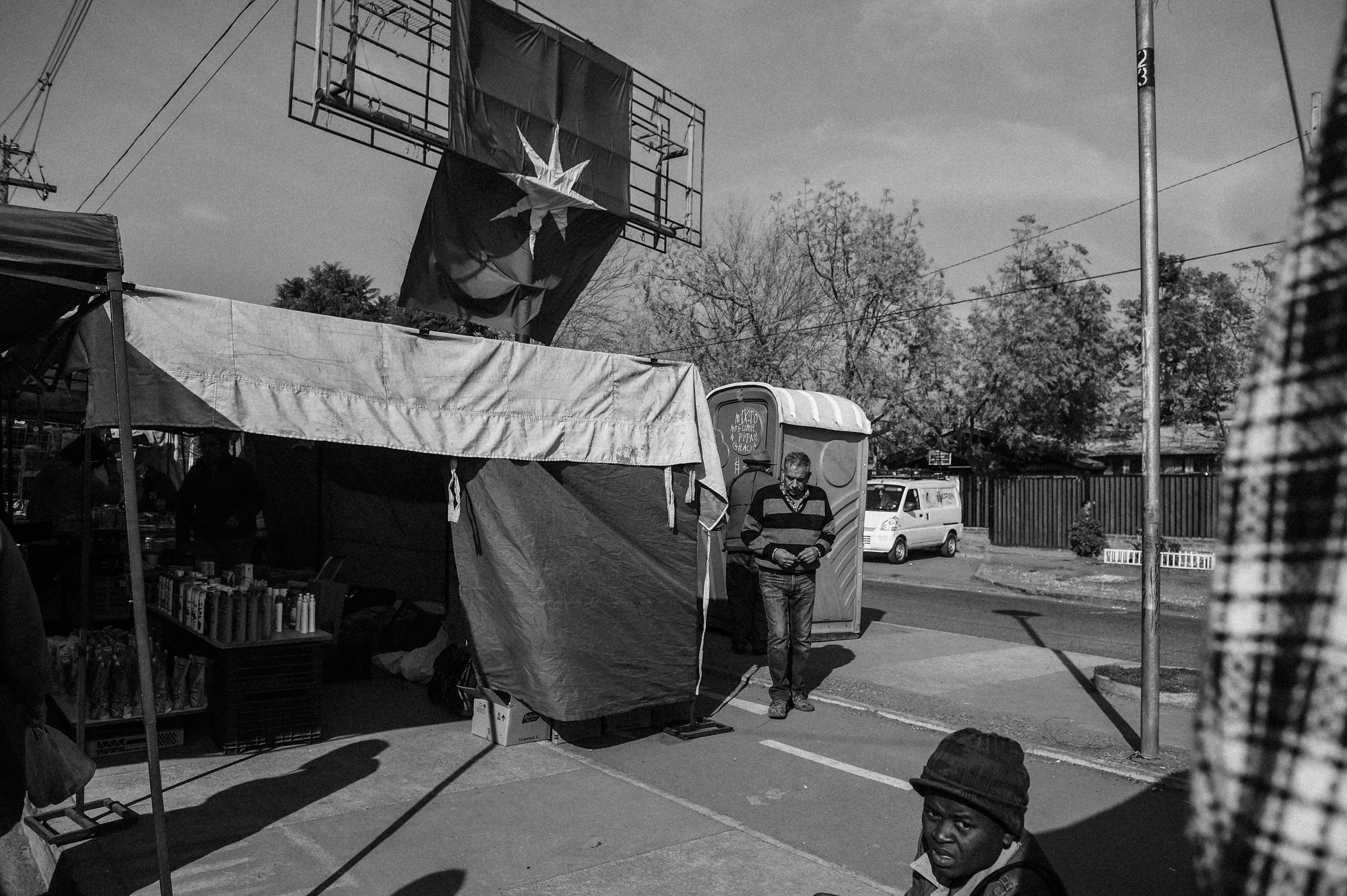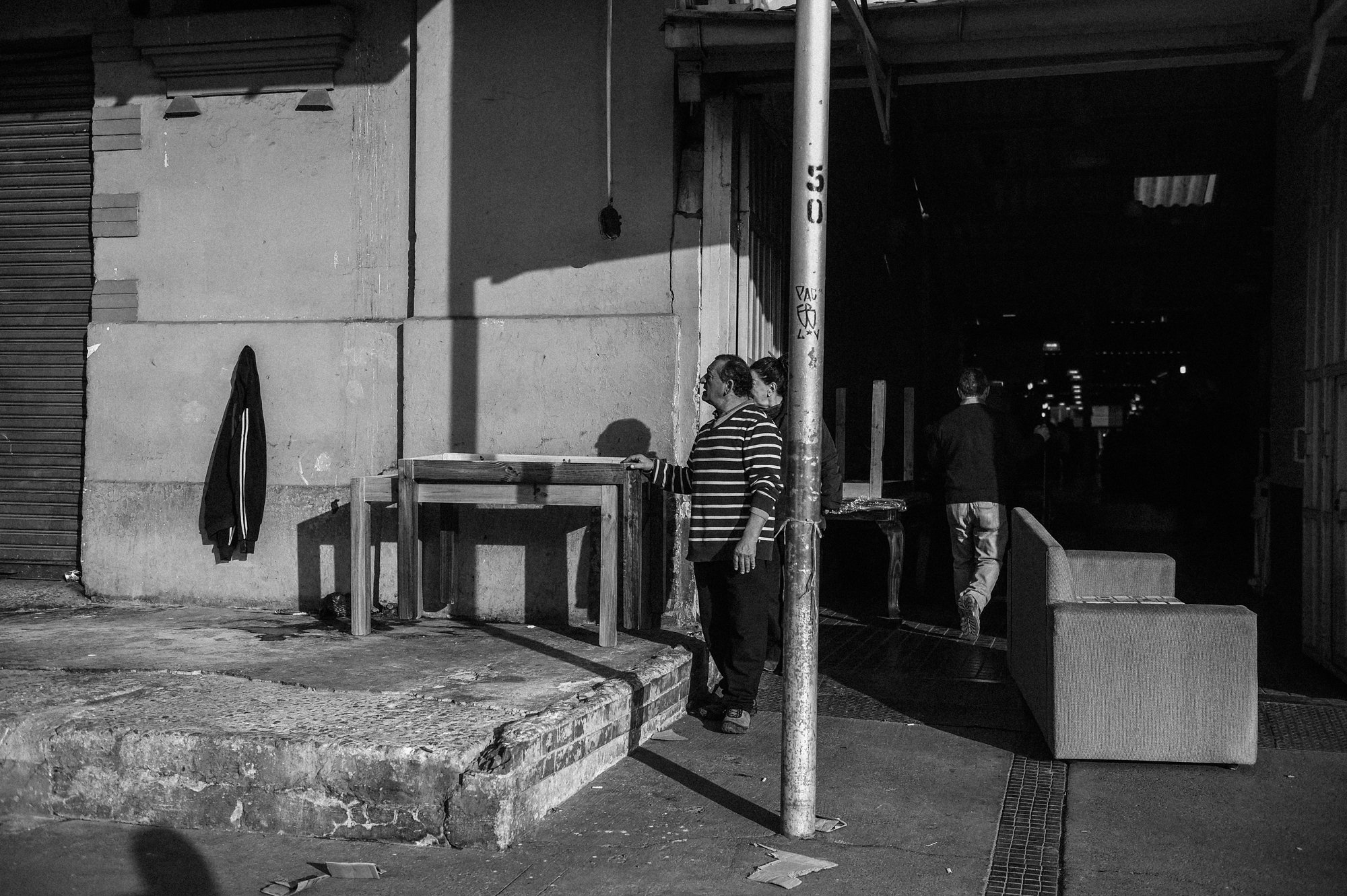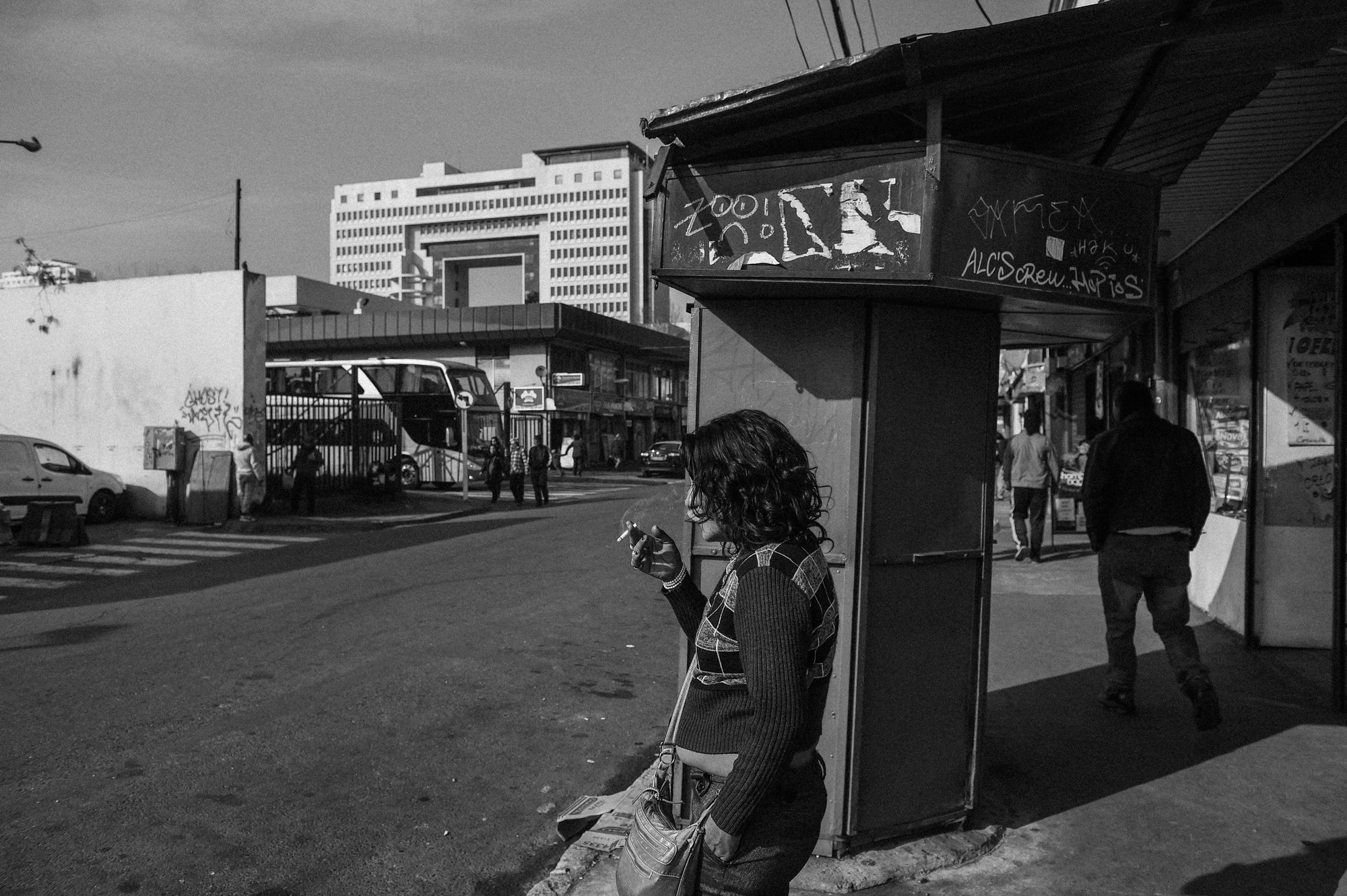“But that’s how nostalgia is: a slow dance in a large circle. Memories don’t organize themselves chronologically, they’re like smoke, changing, ephemeral, and if they’re not written down they fade into oblivion.” - Isabel Allende, My Invented Country: A Nostalgic Journey Through Chile
Throughout my years, I have grown to understand the complex and violent history of Chile—a country that is home to my mother and father. Although my mother would eventually move to Los Angeles, California in the 1990s, my father never left his country. At times I wondered how differently my life would have been if I stayed in Santiago. My parents were never together. In fact, it created a fragmented sense of belonging in the states, even if I was too young to understand what that meant at 6 years old. My view of Chile had been distorted through the lens of family folklore. But as I grew older I began to understand the complexities of my parents’ homeland, which endured a dictatorship in the 1970s, and later a transition into a neoliberal system in the 1990s. In a sense, my parents carried much of their familial traumas with them—and still do. I met my father for the first time in 20 years in 2018 when I went back to Chile. I was 23. I learned so much more about his country through his perspective as not only a newspaper photographer, ironically, but as a working class citizen of his country, where much of the socio-economic issues stem from Chile’s violent past and contemporary political affairs.
I began this project in 2018 to try and preserve as much as I can about my extended family history. As an outsider looking in, photography became a unique way to connect with Chile’s political fabric and my father, too. During my time in Chile the photographic journey felt like a never-ending dance of fleeing questions, which centered around my imagination of family ties and Chilean life. These images retain all that is left for me to preserve about my identity—a fabric with many holes to fill, still. Like many first-generation American people, Latinos in the U.S. are a collective diaspora, each with a unique set of complex roots. This is my longing to unearth mine. (2018-2019)





























































